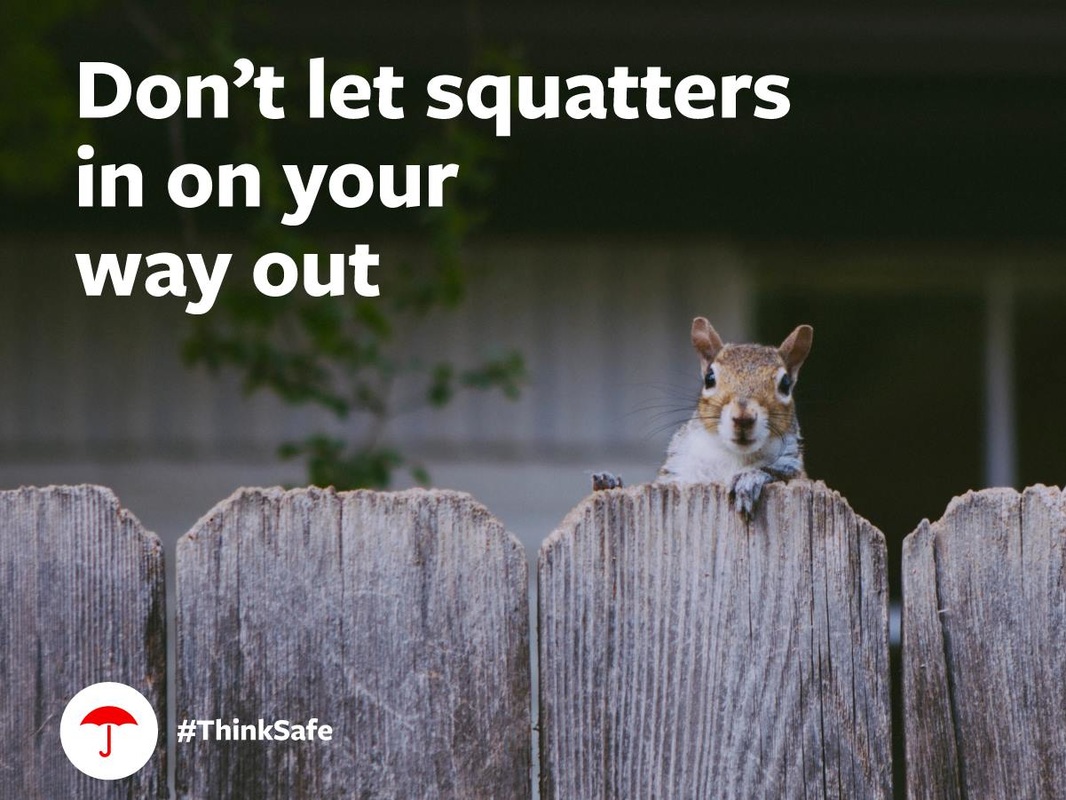|
One morning, I was driving along a back road to one of my college classes when a deer suddenly jumped directly into my path. By a sheer miracle, the deer, my car and I all escaped without injury. (Although I did pull off the road to calm my nerves.)
Not everyone is lucky enough to avoid a collision. The Insurance Information Institute (III) estimates that there are around 1.25 million deer-vehicle collisions each year. Before you get too concerned, here are some helpful tips on how to avoid deer-vehicle collisions and how to handle hitting a deer. What are the odds? Hitting a deer is most likely to occur around sunrise and sunset. This is when deer are the most active—and that’s especially true during the final few months of the year. Drivers in northeastern states also have a higher risk of hitting a deer due to exploding deer populations. To give you an idea, drivers in West Virginia have a 1 in 41 chance of hitting a deer. Other high-risk states include Ohio, Virginia, Pennsylvania, Maryland, Michigan, North Carolina and South Carolina, to name a few. How to avoid hitting a deer Nobody wants to end up with a crushed fender or a broken windshield. You can decrease your chances of hitting a deer by following these tips:
Taking the above precautions can help you avoid hitting a deer. Yet they don’t entirely rule out the possibility of having a run-in with a deer. If a deer does dash in front of your vehicle, don’t swerve in an attempt to avoid it. Swerving often does more harm than good since you could hit a tree or an oncoming vehicle. If there’s no way around the deer, maintain your current speed or try to slow down. Never speed up. This can cause the deer to hit your vehicle with more force, which will only cause more damage. Pull over as soon as it’s safe. Be cautious when examining your vehicle—injured deer can still lash out and hurt someone. It’s best to call the police and get a police report for evidence when you make an insurance claim. If you can’t make a call, take photos if possible. Finally, in instances in which the deer is dead, you can often request to keep the carcass for meat. (Deer burgers anyone?) Don’t let deer get you down. Deer-vehicle collisions are covered under the optional comprehensive portion of your auto insurance. Talk with an insurance professional like an Erie Insurance agent to make sure you have the right coverage for your car. - See more at: https://www.erieinsurance.com/Blog/2015/hitting-a-deer?utm_source=eriefacebook&utm_medium=eriesocial&utm_campaign=general#prclt-WBAwYSh1
0 Comments
 If you are a snowbird heading south for the winter, there are several key things you can do to help protect your vacant home. Taking these steps can help protect your home from theft, water damage, heating or electrical system malfunctions and other possible threats while you are away for an extended period of time. Download the Winterizing Your Home Checklist PDF 1. Make Your Home Appear as Though It Is Continuously Occupied
2. Take Steps to Protect Your Home from Thieves
3. Protect Your Pipes to Avoid Water Damage by Turning Off Your Water Supply
4. Keep Your Home and Plumbing Warm if Your Water Supply Stays On
5. Perform Routine Maintenance Before You Leave
6. Make Your Home Unattractive to Pests
7. Be Ready for Emergencies
|
Contact Us(570) 344-5150 Archives
May 2017
Categories |
Navigation |
Connect With Us |
Contact UsNortheast Insurance & Financial Consultants
2121 Shoppes Blvd. Moosic, PA 18507 (570) 344-5150 Click Here to Email Us |
Location |
Website by InsuranceSplash

 RSS Feed
RSS Feed
